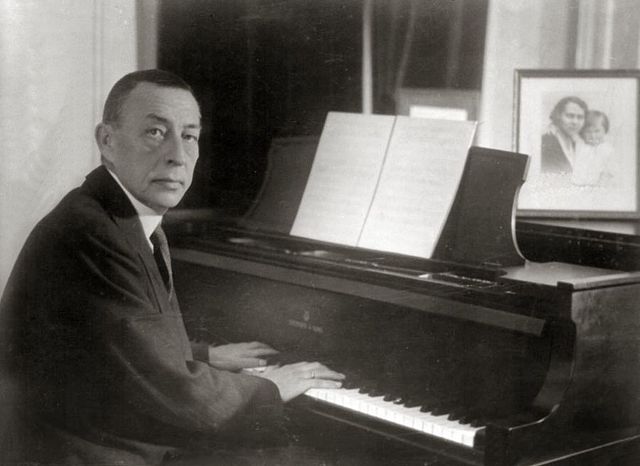Practice Papers #001

Why do we practise?
To get better at playing
To improve a piece you are learning to play
To prepare for an exam or performance
To help improve focus and concentration
To overcome a challenge
To increase our knowledge
Fundamentally though, if you don’t find it enjoyable, it’s not useful. So the most important reason to practise is…
“Because I genuinely enjoy the effort and process of practising for its own sake”
Practise then becomes a pro-active, broader philosophy, the conscious cultivation of experiences of physical and mental wellbeing.

‘Luxuriant technique’
William Westney in Eros and the Piano proposes a mindset for creating a positive sense of practise that he calls ‘luxuriant technique’
This means maintaining the active sense that what you’re doing feels good. This mindset points to a world of expecting and appreciating satisfaction from the sheer act of playing and practising that goes beyond a simple “correct or incorrect” dichotomy.
Practise is therefore an end, not simply a means. It is no different to playing. In fact, it is playing.
Warming up the body and mind
Warming up is about physical and mental preparation, making we’re feeling loose and relaxed before we start to play.
Some elements you might want to consider are:
Awakening muscles / gentle stretching
Stimulating blood circulation (drawing warmth to the fingers)
Deep breathing and releasing tension
Switching off all distractions
Setting intentions and mentally planning practice goals
Visualising / feeling the music
Creating the right space (lighting, temperature, quiet, air quality)
Ways of struggling
Musicians can create a lot of tension. If you are struggling then you may need to relax and slow down.
One of the most common issues for students is trying to play a piece too fast before they are ready. When you push your body to move fast, it tightens, which prevents you from moving was fast as you want it to. So take your time.
Another common way we struggle is playing too loud or quiet when we’re beginning to learn a piece. If you try hard to play softly you will produce a tight sound or no sound at all; or if you forced yourself to play loudly, your muscles clench and become rigid, creating a strained sound.
It is similar to what happens if you grip the front of your neck with your hand and then try to talk or sing: the physical constriction limits sound production.
Ask yourself, as you play: Is your body comfortable? Your breathing? Can you sense any muscular tension or fatigue?
Practise should always either be effortless or impossible, as the joke goes. It shouldn’t be ever be difficult.
So always aim to play comfortably and at slow tempos, and foster easeful habits by choosing manageable work. Really wallow in how enjoyable it feels when we play without too much effort.
Be inspired
Treat everything you play as an important, beautiful piece of music, even the technical exercises.
Let go of self-criticism – trust your ability and be vulnerable, genuine and spontaneous, communicating from the heart.
Laugh and revel in your ‘mistakes’, and don’t over-react to them or give them the oxygen of publicity
Instead, be curious and energised about problems – always observe, listen and reflect, see them as an opportunity to explore new ideas and habits.
When you’re really tired, step away from the piano and mindfully listen to other brilliant musicians to remind yourself why you’re learning to play in the first place.
Reflect and track your progress, and reward yourself with appreciation for what you’ve done so far.